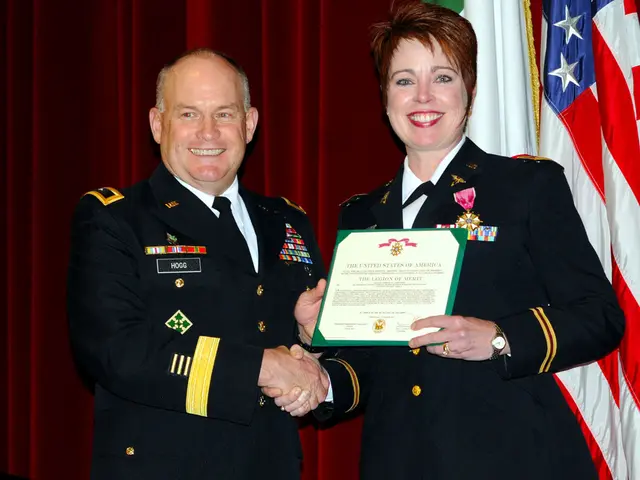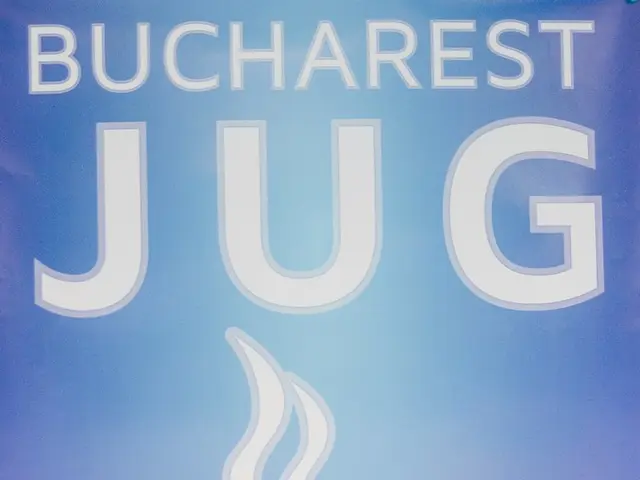Recognizing Abilities Through Modern Digital Credentials: A Fresh Approach to Validation of Talents
Taking ornaments of pride into the digital age
Badges, symbols of achievement dating back millennia, have embraced a fresh dimension in today's learning environment. Once physical tokens signifying expertise and experience, they now exist as digital counterparts—a novel visual representation of success, interest, or membership.
These digital badges furnish details of the material, process, and results achieved online, providing a unique documentation structure that encompasses both qualifications and the steps to acquire them. They stand as game-changers in the measurement and assessment of the learning process, and the concept of applying it to competency documentation is gaining popularity. In essence, badges can symbolize one's authority in a given field.
The rapidly evolving job market calls for a modern, customized method to showcase new skills and competencies that can swiftly catch an employer's eye. One innovative solution to this challenge is open-source digital badges. These digital badges, also known as Badge Creators, empower professionals to highlight their upgraded skillsets.
Digital badges serve as a crucial component of one's digital identity. They not only recognize learning but also validate skills, serving as digital proof of one's achievement. Badges act as a testament to an employee's professional competencies in their career journey, demonstrating their expertise and accomplishments.
They are designed to make learning visible and skill recognition accessible—in both formal and informal settings. By showcasing these badges on email signatures, digital resumes, or social media platforms, professionals can share their qualifications effectively. A digital badge provides metadata that accurately describes the qualifications and process required to earn the badge, making it easier for others to understand and recognize an earner's expertise and achievements.
Evolving Trend in Skill Recognition
Acknowledging accomplishments from all facets of a person's life, including achievements in formal and informal contexts, contributes to a more comprehensive portrayal of individual identities. For example, individuals who value certain abilities, information, or accomplishments may receive badges from knowledgeable individuals or organizations seeking to validate their name or brand. Furthermore, this recognition expands to encompass a wider range of endeavors and aptitude displays.
Online badges offer motivation and intrigue, with their visual nature making progress easily discernible. This facilitates skill recognition and provides valid evidence of specific skills or acquired knowledge. From a technical standpoint, these badges are digital graphics, containing unique metadata for future access and verification. Digital badges can be obtained through extracurricular activities, professional growth, volunteer work, and traditional school and university settings. The Open Badge Standard, a joint effort by the Mozilla Foundation and the MacArthur Foundation, is used to encrypt metadata.
References
[1] https://www.codlearningtech.org/2015/09/14/5-questions-what-you-need-to-know-about-digital-badges/[2] https://en.wikipedia.org/wiki/Mozilla_Open_Badges[3] https://evolllution.com/programming/credentials/leveraging-credential-innovation-to-drive-meaningful-pathways-to-degrees-and-careers/
Digital badges serve as a vital instrument for education-and-self-development and personal-growth, offering a modern way of showcasing one's learning and accomplishments, both formal and informal, thus contributing to personal growth and professional recognition. They provide an accessible and visual representation of skills and knowledge gained through diverse activities, including extracurricular pursuits, professional development, volunteer work, and traditional schooling, thereby fostering personal growth in a digital age.






